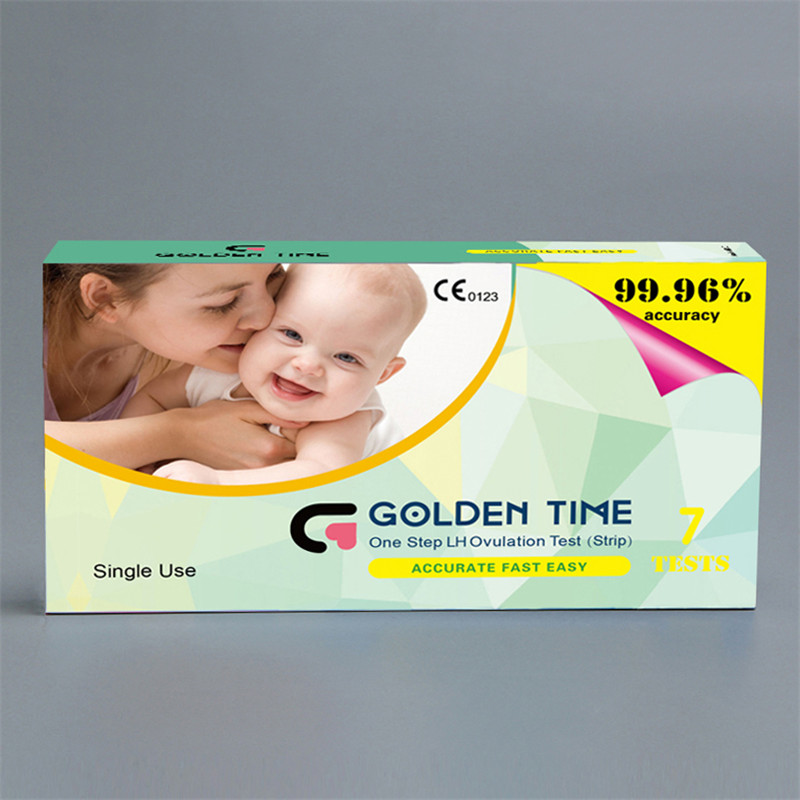8 月 . 18, 2024 20:07 Back to list
Find Reliable Suppliers for Hepatitis C Reactive Test Kits and Purchase Options
Understanding the Buyer's Landscape for Hepatitis C Reactive Tests
In recent years, the health sector has seen a surge in demand for reliable diagnostic tools, especially for infectious diseases like hepatitis C. As healthcare professionals and laboratories strive to ensure accurate diagnoses, the need for high-quality hepatitis C reactive tests becomes paramount. This article delves into the landscape of buyers in this niche market, the importance of these tests, and considerations for choosing a supplier.
Importance of Hepatitis C Testing
Hepatitis C is a viral infection that primarily affects the liver, leading to chronic health issues, including liver disease and even liver cancer. The World Health Organization estimates that around 71 million people globally are living with chronic hepatitis C. The silent nature of this infection makes testing critical, as many individuals remain asymptomatic for years. Reactive tests are essential for confirming the presence of antibodies against the hepatitis C virus (HCV) and for determining the appropriate course of treatment.
For healthcare providers and laboratories, acquiring high-quality hepatitis C reactive tests is not just a matter of compliance but also of patient care. Accurate testing enables timely interventions that can greatly improve patient outcomes and reduce the risk of transmission.
The Buyer’s Landscape
The buyers of hepatitis C reactive tests are diverse, ranging from large hospitals and clinical laboratories to small private practices and public health organizations. Each segment has unique requirements and considerations when procuring these tests
1. Large Hospitals These institutions often seek to ensure robust testing capabilities and may prioritize suppliers that can provide bulk testing kits. They may also look for established suppliers with a strong reputation for reliability and rigor in quality control.
2. Clinical Laboratories Laboratories conducting hepatitis C testing aim for precision and speed. They often require tests with high sensitivity and specificity to minimize false positives and negatives. For these buyers, the reputation and certifications of a supplier can play a decisive role.
3. Public Health Organizations Bodies responsible for public health initiatives may focus on suppliers that offer competitive pricing and good support to reach out to vulnerable populations. They often require tests that are easy to administer and interpret, contributing to public awareness and screening programs.
buy hepatitis c reactive test s supplier

4. Small Private Practices Smaller medical practices must balance cost with quality; hence, they often seek suppliers who can provide both affordable and reliable testing options.
Key Considerations for Selecting a Supplier
When choosing a supplier for hepatitis C reactive tests, several factors should be assessed
1. Quality Assurance It is imperative to verify that the tests meet international standards and are CE-marked or FDA-approved. Suppliers with comprehensive quality control measures typically stand out.
2. Product Range A supplier offering a wide variety of hepatitis C tests, including rapid tests and more comprehensive testing kits, can address diverse needs and preferences.
3. Pricing and Terms Cost-effectiveness is crucial, especially for small practices and public health organizations. Buyers should evaluate pricing structures, bulk purchase discounts, and other payment terms.
4. Customer Support Reliable customer service can significantly affect the purchasing experience. Suppliers that provide full support and training for their products add value to their offer.
5. Reputation and Reviews Checking customer reviews and testimonials can provide insights into the supplier's credibility and the efficacy of their products.
Conclusion
The growing awareness of hepatitis C emphasizes the importance of effective testing solutions. For buyers, selecting the right supplier for hepatitis C reactive tests is a critical decision that can profoundly affect patient care and public health outcomes. By prioritizing quality assurance, comprehensive support, and competitive pricing, healthcare providers can ensure they have access to the best testing tools available in this crucial area of diagnostics.
-
Early Pregnancy Test Kits Accurate & Fast Results Bulk Order Now
NewsMay.30,2025
-
Buy OPK Tests for Pregnancy Detection Bulk Supplier Discounts
NewsMay.30,2025
-
Buy OPK Tests for Pregnancy Detection Bulk Supplier Discounts
NewsMay.30,2025
-
Best At Home H Pylori Test Kits Accurate, Fast & FDA-Certified
NewsMay.29,2025
-
Accurate Syphilis Test Kits Trusted Suppliers & Manufacturers
NewsMay.29,2025
-
Wholesale Stool Occult Blood Test Kits Bulk Supplier Pricing
NewsMay.29,2025

